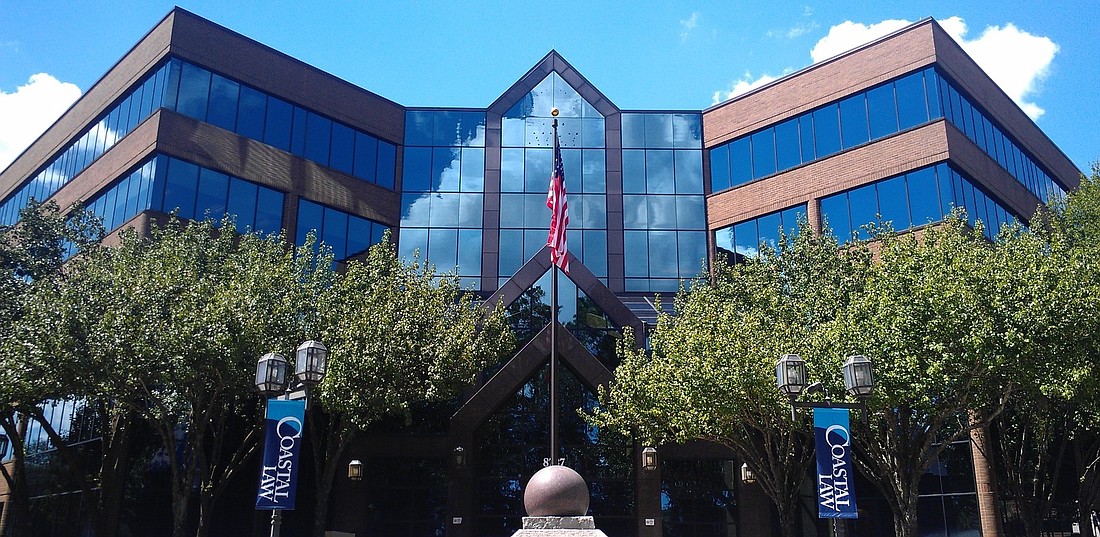
Florida Coastal School of Law and the other 11 law schools in the state have formed the Florida Law Schools’ Consortium for Racial Justice.
Each school will designate at least one student fellow for the consortium every year to work with groups that pursue anti-racism initiatives.
“All of us agree it is the obligation of legal educators to work together to take positive steps to put in place opportunities for people to make a difference,” said Peter Goplerud, president and dean at Florida Coastal.
“This will give our students the opportunity to be leaders and to make sure there is justice for everyone.”
Fellows will assist the consortium’s partners with legal research, policy reform, strategic advocacy and ways to use language to resolve conflicts and improve society.
Examples include changes to the process by which juveniles are charged as adults; attempts to end disparate criminal sentences on the basis of race; disruption of the school-to-prison pipeline; ensuring Black-owned businesses have access to loans and state contracts; and the passage of local and state ordinances designed to achieve equal pay for equal work.
Inherent in legal training is the expressed expectation that lawyers have a responsibility to denounce injustice. The preamble to chapter 4 of the Rules Regulating The Florida Bar states:
“A lawyer, as a member of the legal profession, is a representative of clients, an officer of the legal system, and a public citizen having special responsibility for the quality of justice . . . As a public citizen, a lawyer should seek improvement of the law, access to the legal system, the administration of justice, and the quality of service rendered by the legal profession. As a member of a learned profession, a lawyer should cultivate knowledge of the law beyond its use for clients, employ that knowledge in reform of the law, and work to strengthen legal education.”
The consortium’s first project will be a joint forum on the role of lawyers in crafting policies, advancing racial justice and correcting social wrongs.
It then will identify specific projects on which the student fellows will focus over the next year. The group said it also will partner with scholars interested in researching the legacies of slavery and Jim Crow in Florida.